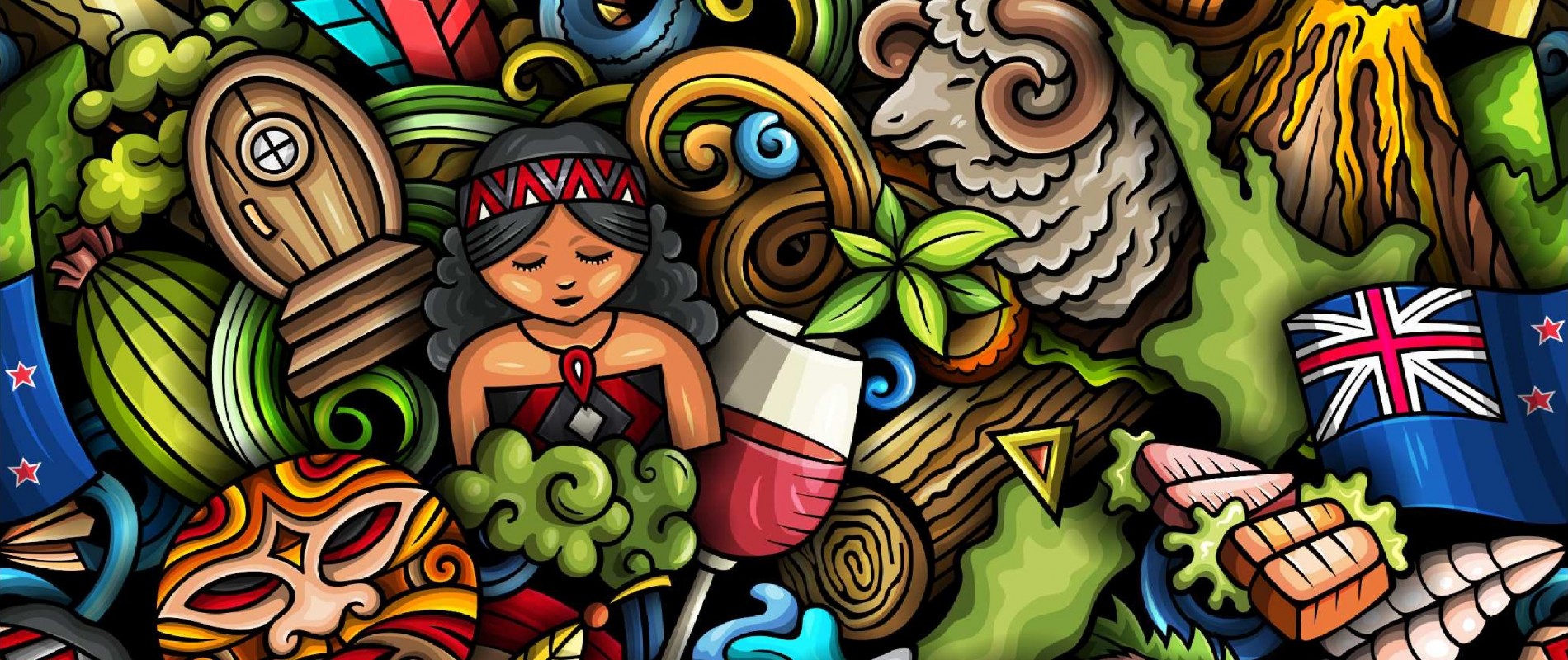Introduction to culture shock
Travelling the world brings about many positive emotions: joy, excitement, wonder, serenity, etc. But despite the prospect of new and incredible experiences, travelling can also be a great source of stress. When you leave your comfort zone to live abroad, culture shock can sink in and cause anxiety, confusion, and sometimes even depression.
In this article, we talk through the different stages of culture shock that you might experience when moving to a new country on a Working Holiday Visa (WHV). It’s not just about the time you spend on a WHV either. You can feel a real mix of positive and negative emotions in the build up to moving, and in the weeks/months after your WHV ends.
We’ll help you prepare for the possible emotions you’ll feel at each stage of your WHV journey, including tips on how to deal with your culture shock.
The stages of culture shock we’ll discuss are generally experienced by expats (whether it’s their first time on a WHV, one of multiple WHVs, or a permanent move). However, each experience is unique to the individual, so don’t worry if you don’t experience every stage in the exact way we describe.
We’ll discuss feelings that are sometimes difficult and complex to work through, but we don’t want to scare you. It is generally better to be prepared for the “worst”, but you might only experience positive feelings on your WHV. Even if you do experience mixed emotions, know that you are not alone; we have a supportive community of backpackers and lots of resources about how to deal with the highs and lows of a WHV!
What is culture shock?
Culture shock is a phenomenon that occurs when you find yourself in a culture that’s different to the one you’re used to. It’s accompanied by a loss of bearings, a feeling of not belonging, and an overall mix of positive and negative emotions. Culture shock is bigger and deeper than just being unfamiliar with local norms and customs. It has a real emotional impact that involves questioning your own beliefs, behaviours and character. It can occur (or return) at any time, even when you think you’re fully comfortable in a culture.
Culture gives us basic rules to follow in every aspect of our daily lives. These rules are both implicit and explicit. Culture dictates how to act around loved ones, how to meet new people, how much to tip, how to dress, how to speak, etc. When we change cultures, we have to relearn all these subconscious rules and work out how to interact with others without appearing rude or unfriendly.
As you question your communication skills and interactions, it can lead to you also questioning who you are as a person. How much of your personality is really you, and how much of it can be attributed to the culture you were raised in? It can take a while to get over culture shock; the length of time it takes and the intensity of the culture shock varies from person to person.
In the following chapters, we’ll look at each of the different stages of culture shock, starting with pre-departure stress.












 Français
Français English
English



0 comments
{{like.username}}
Loading...
Load more